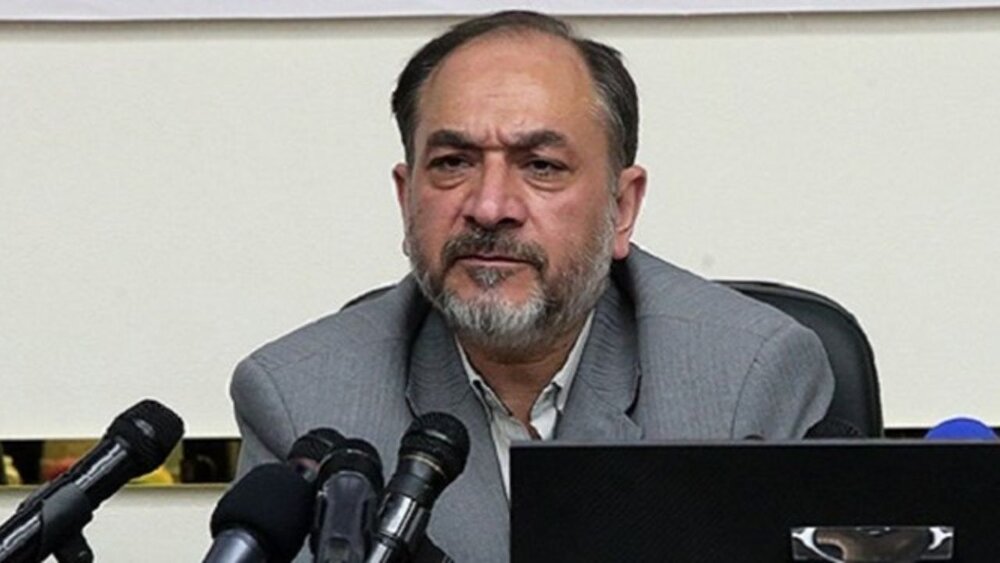Expert says signs of change in UAE foreign policy approach is visible

TEHRAN - A top delegation from the United Arab Emirates will visit Tehran soon as the Persian Gulf state works to de-escalate tensions with Iran, senior Iranian and Gulf officials told Reuters on Wednesday.
Seyyed Reza Sadr al-Hosseini, a senior expert on West Asia affairs, said on Saturday that the decision by the UAE to send a delegation to Tehran as well as the recent visit by UAE officials to Syria indicate a change in Abu Dhabi’s foreign policy approach.
In a live TV program, Sadr al-Hosseini also pointed to some ambiguities surrounding the UAE foreign policy in the future, saying: "One of the ambiguities of the United Arab Emirates foreign policy is the continuation of cooperation with the failed coalition against the Yemeni people and we should witness what policy the Emirates will follow in this regard."
He also said the Zionist regime’s reproachment with certain regional countries, including the UAE, is another issue, noting that the normalization of the UAE's relations with the Israeli regime would definitely affect the Abu Dhabi-Tehran relations, the IRIB news agency reported.
The analyst also said, "As the relations between neighboring countries are being strengthened, the hands of foreigners and the West will be cut off from the region."
The expert on West Asia affairs went on to say that neighboring countries did not have much differences with Iran. For example, he says, there were no border disputes, no religious conflicts, and no important case to bring them to point of contention, but some neighboring countries had put the issue of Iranophobia on the agenda in recent years due to the pressure by arrogant countries.
He added: "The Islamic Republic of Iran has ignored such incidents in recent years and been seeking to expand relations with its neighbors."
Sadr al-Hosseini also said there is a need to restore security in the region with the involvement of regional countries.
"Expanding relations with neighbors has been one of the most important strategies of the Islamic Republic of Iran over the last three decades. Even in relation to sustainable security of neighboring countries, Iran presented clear plans, but due to the fact that some of these countries were under the influence of trans-regional countries, these countries were not allowed to talk about stability and security."
Ultimately, Iran and the countries of the region must reach a common understanding on a set of issues, the expert highlighted.
Anwar Gargash, diplomatic advisor to the UAE president, said on Monday that his country was "taking steps to de-escalate tensions with Iran as part of a policy choice towards diplomacy and away from confrontation."
Leave a Comment